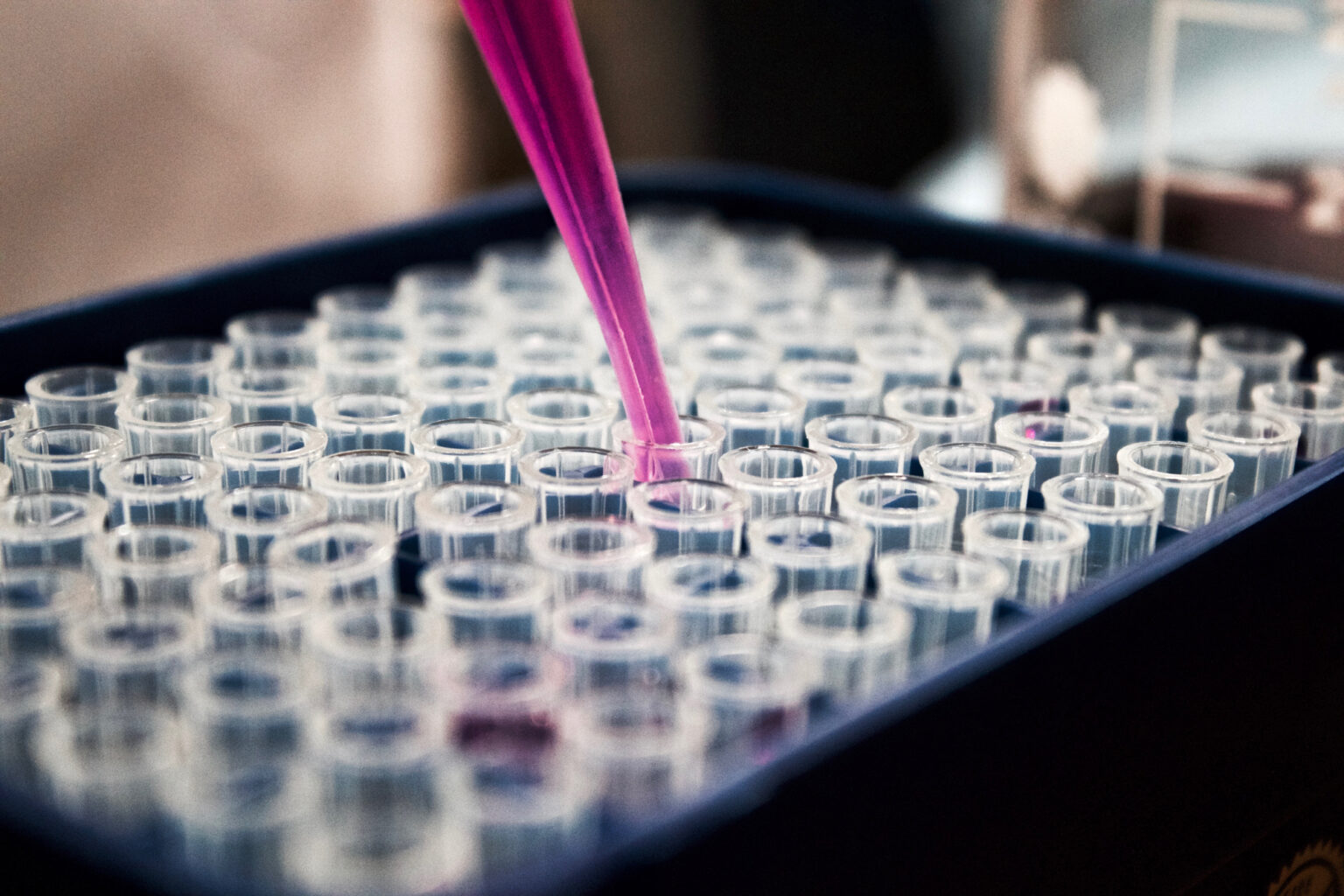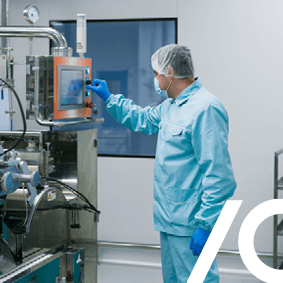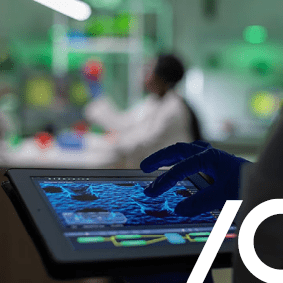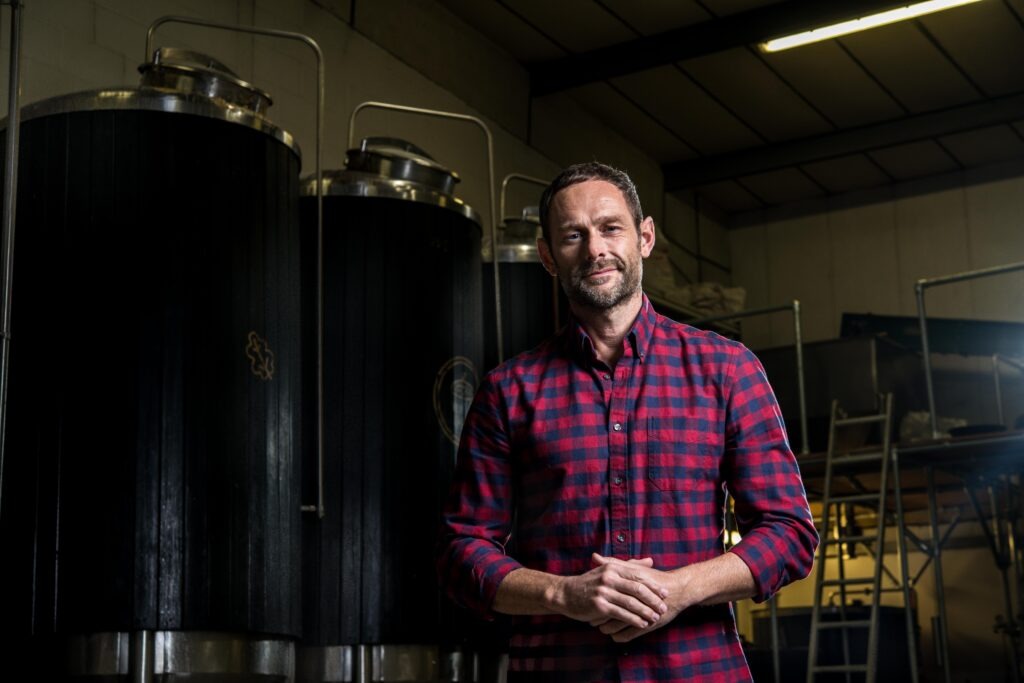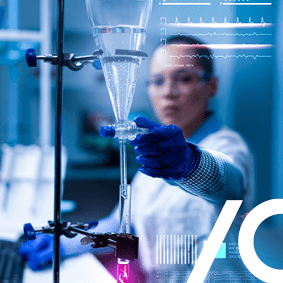 Digital transformation and its effect on workers.
Digital transformation and its effect on workers.
Digital transformation and its effect on workers.
As the division of labour between employees and “machines” is being redefined by digitalisation, it has implications for the working environment, work organisation and health & safety. Examples include mobile working, flexible hours, data protection and performance monitoring. The physical introduction of new technologies and new software into production is a key component – so the tracking ability of manufacturing execution systems will be at the heart of this.
As chemical manufacturers digitise further, several benefits can be realised with the help of MES. Within Data Collection, the warn and prevent controls can avoid over-production, and can warn of operations that start out of sequence. Batch and volume controls can be aggregated and viewed.
What is Digital Transformation?